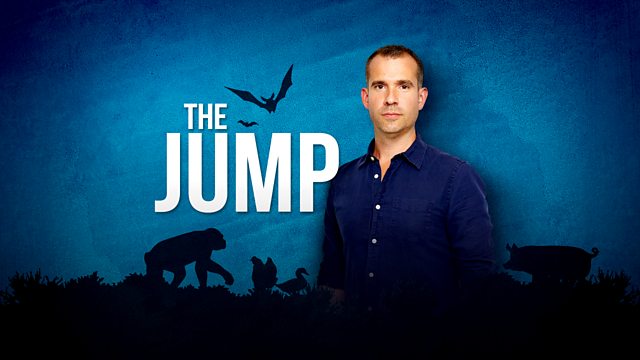Covid-19
Chris van Tulleken on the human behaviours that are causing pandemics, paying the price for getting too close to animals by degrading their territory and allowing viruses to jump.
Chris van Tulleken explores the human behaviours causing pandemics, paying the price for getting too close to animals by degrading their territory and allowing viruses to jump. What's clear is that Covid-19 was inevitable; that a coronavirus would jump in Asia was predicted in at least 3 papers in early 2019. It's a symptom of degraded ecosystems leading to intimate contact with animals we don't normally encounter.
When examining the origins of Covid-19, perhaps the most amazing aspect is the number of different possibilities. Bats as medicine, bats as food, bat transmission to other intermediate animals - mink farmed for fur or raccoon dogs hunted as game. We don't know if it jumped in a home or a wet market or in a cave. Chris talks to NERVTAG virologist Prof Wendy Barclay who explains why she thinks it's not the case that it escaped from a lab. Plus ecologist and bat enthusiast Prof Kate Jones argues that invasive human behaviours are offering these viruses multiple chances to jump into people – mostly all totally hidden from sight - but is optimistic as the UK Government asks her to advise on spillover risks and how to achieve sustainable landscapes. While Dr Peter Daszak and Dr William Karesh from EcoHealth Alliance highlight how climate change and pandemic risk are interconnected; all the solutions already identified to tackle global warming will also help prevent the next virus from jumping.
Produced by Erika Wright
Edited by Deborah Cohen
Last on
Broadcasts
- Wed 10 Mar 2021 11:00�鶹�� Radio 4
- Tue 6 Apr 2021 21:00�鶹�� Radio 4

